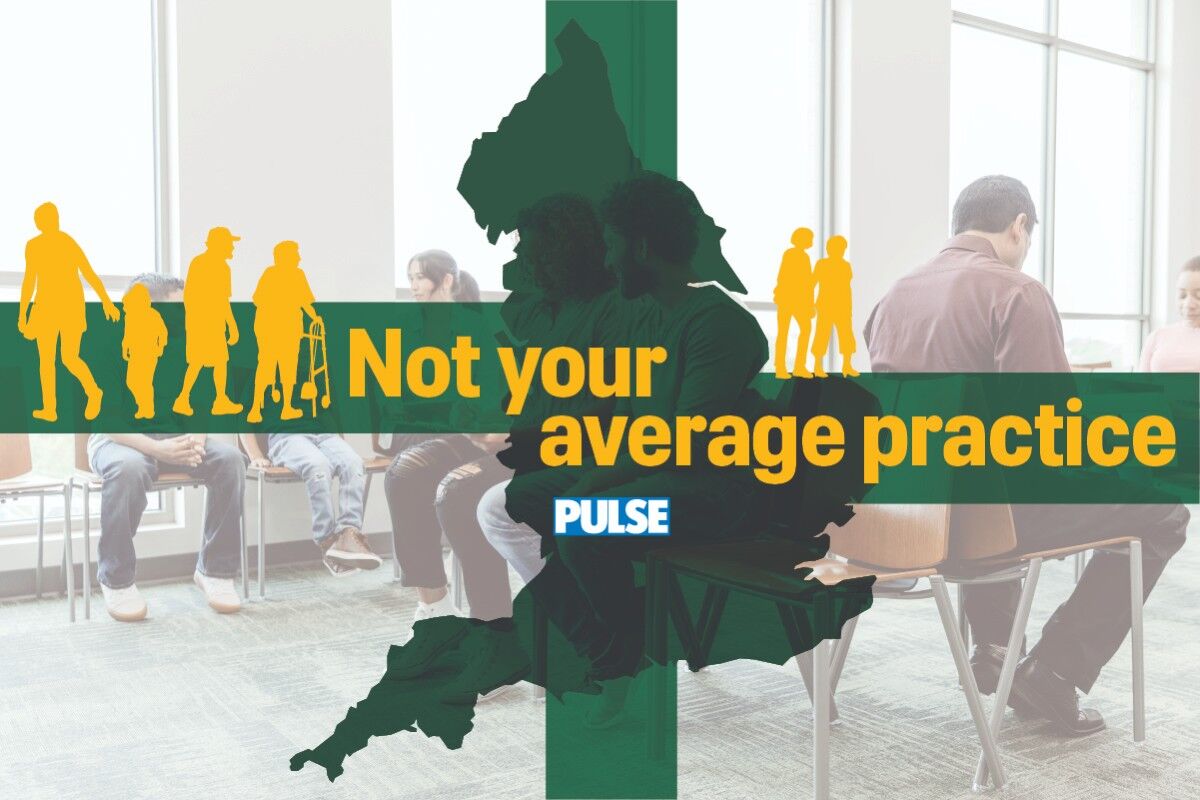
GPs across England will have been relieved to see the back of Jeremy Hunt as health secretary last month.
They will surely be similarly united in welcoming the resignation of Dr Arvind Madan as director of primary care for NHS England, after he admitted to anonymous online posts under the pseudonym Devil’s Advocate.
However, Dr Madan’s provocative comments over the closure of small GP surgeries should not be dismissed as maverick remarks. The reality is, they fit right into the template of both the GP Forward View (GPFV) and the Five Year Forward View.
In short, despite the changing of the guard, the privatisation juggernaut rolls on.
Lucrative networks of GP surgeries and chains of super hospitals will only serve to entice corporates
Hundreds of GP surgeries have closed since 2010. The RCGP predicts that a further 600 surgeries could close in the coming years. The GPFV is pushing networks of federations in which economies of scale will be entirely compatible with the current plans for ‘integrated’, or ‘accountable’ care organisations.
Extra funding available for primary care comes with strings attached to the redesign of GP services, in the mould of federations and super-partnerships. As NHS England openly states, the plan is for 7,500 GP surgeries across England to become 1,500 super-hubs.
The concept of integrated care – dressed up as care in the community – dovetails with a massive programme of hospital trust downgrades, mergers and closures. The Dalton review laid out plans for chains of super hospitals, some of which could be run by the private sector.
The prospect of more lucrative networks of GP surgeries and chains of super hospitals will only serve to entice corporates. As the BMA has highlighted, there is a very real risk integrated care organisations could be taken over by non-NHS, non-statutory bodies. One only has to look at social care in which private equity and hedge funds run chains of nursing and residential homes to get a chilling forecast of the direction of travel.
All of this without anything like the necessary investment in primary and community services that would be needed to genuinely transform services.
The GPFV also extols the potential of public-private partnerships, in spite of the ruinous NHS Private Finance Initiative debts; the Naylor review advocating the sell-off of NHS buildings, land and estate is set to raise investment for these partnerships.
And while we may welcome the emphasis on technology as part of alternative pathways to care, we are already seeing the reality of the plans on the ground, where GP At Hand demonstrates the danger of such services destabilising existing GP surgeries. Evidently, Google, Amazon, Apple and BT are aggressively moving into this new digital healthcare market.
The GPFV only addresses workload by focusing on resilience in the face of burn-out, as well as ways to cut demand. In essence, these are cosmetic and ineffectual solutions. Deloitte’s financial analysis for the RCGP – Under Pressure – demonstrated chronic under-funding and under-investment of general practice as a proportion of the NHS budget. The real solution would be investment in high quality, public healthcare as opposed to efficiency savings and US-style integrated care.
There is another player here that has slipped under the radar in recent years – the Better Care Fund. This requires CCGs and local authorities to pool budgets and to agree an integrated spending plan. Devolution of regional health and social care services may appear to be an exciting experiment in localism and empowerment. However, pooled budgets would see GPs, hospitals, councils and local authorities competing for scarce resources. It also devolves blame from Whitehall to local actors. Moreover, a regional health service would mean the erosion of national standards for patients and staff.
Ultimately, the fundamental problem at the heart of this drive for ‘working at scale’ in general practice is that it means the end of the traditional model of the family doctor with intimate knowledge of our patients.
Dr Madan’s comments allowed the mask to slip. We must now scrutinise these consumer, market-driven solutions for market-generated problems that are at the heart of the GPFV. The market and privatisation experiment inside the NHS has been catastrophic. It is time to roll it back.
Dr Youssef El-Gingihy is a GP in east London. You can follow him on Twitter @ElGingihy. An updated edition of his book How to dismantle the NHS in 10 easy steps is out later this summer, published by Zero books










